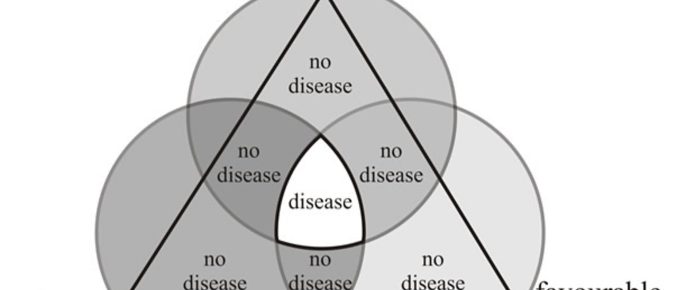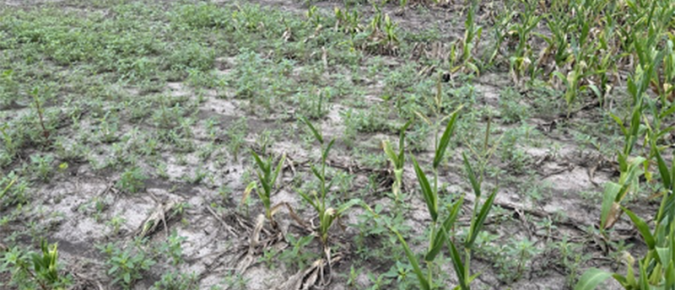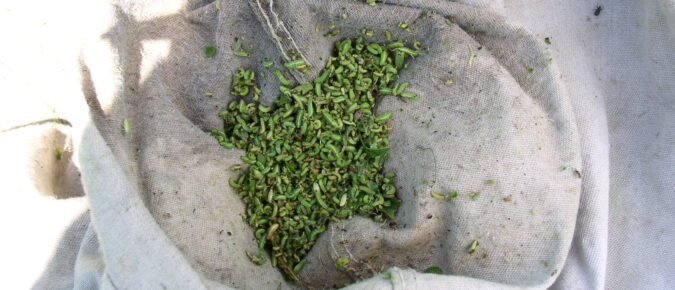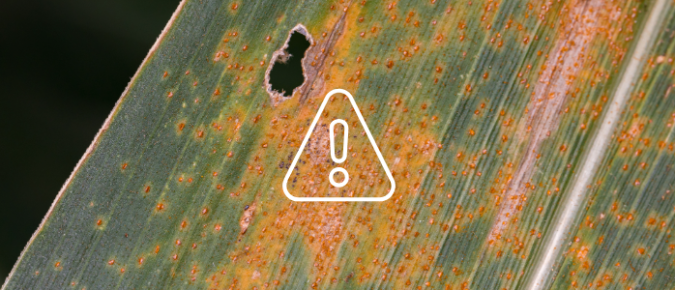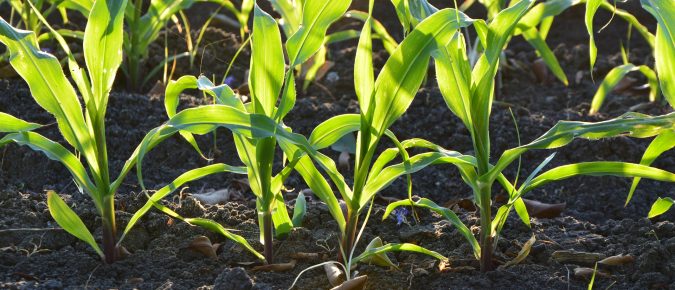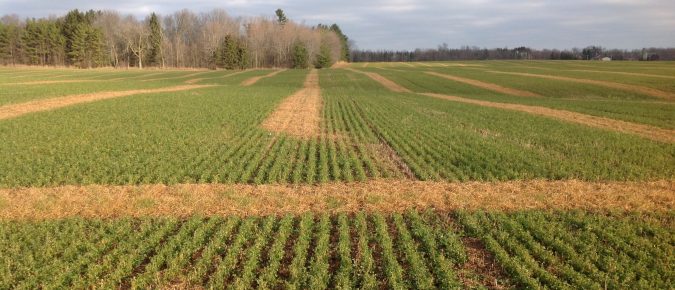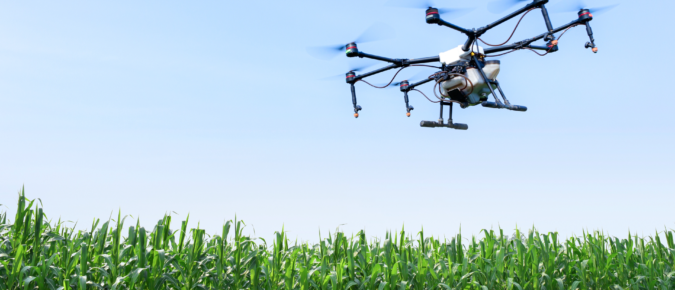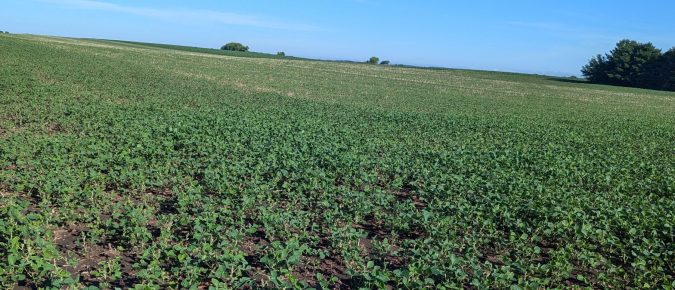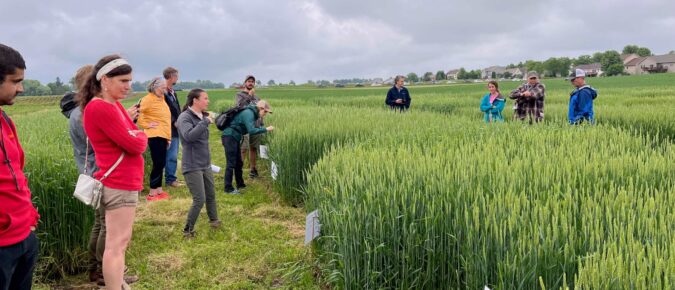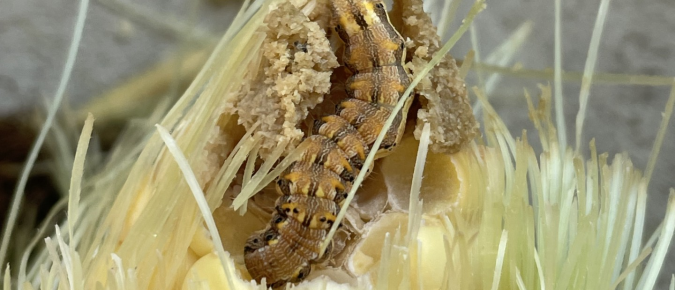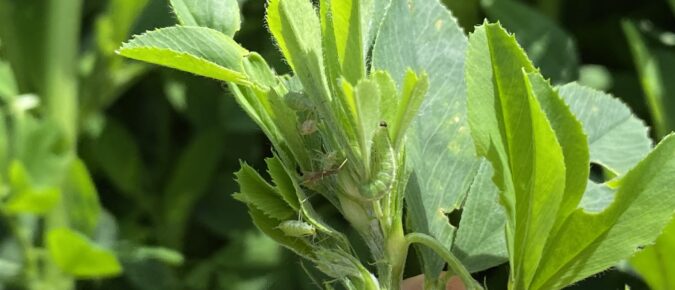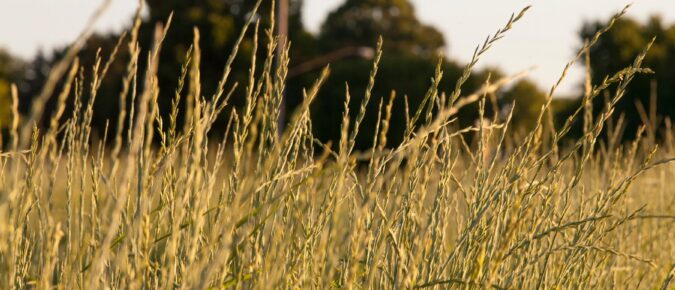In the final session of the Foundational Crop Scouting Training series, Jordan Kampa, nutrient and pest management outreach specialist, provides an in-depth introduction to common crop diseases affecting corn, soybean, wheat, and alfalfa.
Dan H. Smith hosts the fifth session in our 2025 Foundational Crop Scout Training and covers how to assess weed pressure, record field observations, and identify key weed species in Wisconsin row crops.
Dane Elmquist hosts the fourth session in our 2025 Foundational Crop Scout Training and covers key insect anatomy, life cycles, and identification strategies, along with practical field scouting techniques and sampling tools.
In this video, Dr. Damon Smith, UW–Madison Field Crop Pathologist, provides an early season update on crop disease risks and management strategies for Wisconsin.
Jordyn Sattler, UW–Madison Extension regional crops educator, explains the importance of identifying nutrient deficiencies, how to recognize key symptoms like chlorosis, necrosis, and stunting, and how to use tools like NDVI imagery and plant tissue sampling for accurate diagnosis.
Josh Kamps, UW–Madison Extension regional crops educator, covers how to assess plant populations, determine crop growth stages for corn, soybeans, and wheat, and properly collect and interpret soil and tissue samples.
This video showcases cutting-edge technologies such as laser weeders, spot cultivators, and AI-driven imaging systems, with a focus on real-world research using laser weeders in onion production.
In this video, Dr. Rodrigo Werle shares 2025 field observations and research updates on corn and soybean weed management in Wisconsin.
Dr. Erin Silva, professor of organic agriculture at UW–Madison, shares practical spring strategies for organic weed management in grain systems.
Liz Gartman, UW–Madison Extension regional crops educator, provides an introduction to crop scouting, covering everything from pre-field preparation to in-field tools, resources, and best practices.
Dr. Emily Bick, assistant professor and extension specialist for field and forage pests in the UW–Madison Department of Entomology, provides an update on forage insect pests, focusing on alfalfa weevils, potato leaf hoppers, and slugs.
Integrated with cultural control practices such as variety selection for disease resistance and crop rotation, fungicides can be an important tool of integrated disease management for small grain systems.

